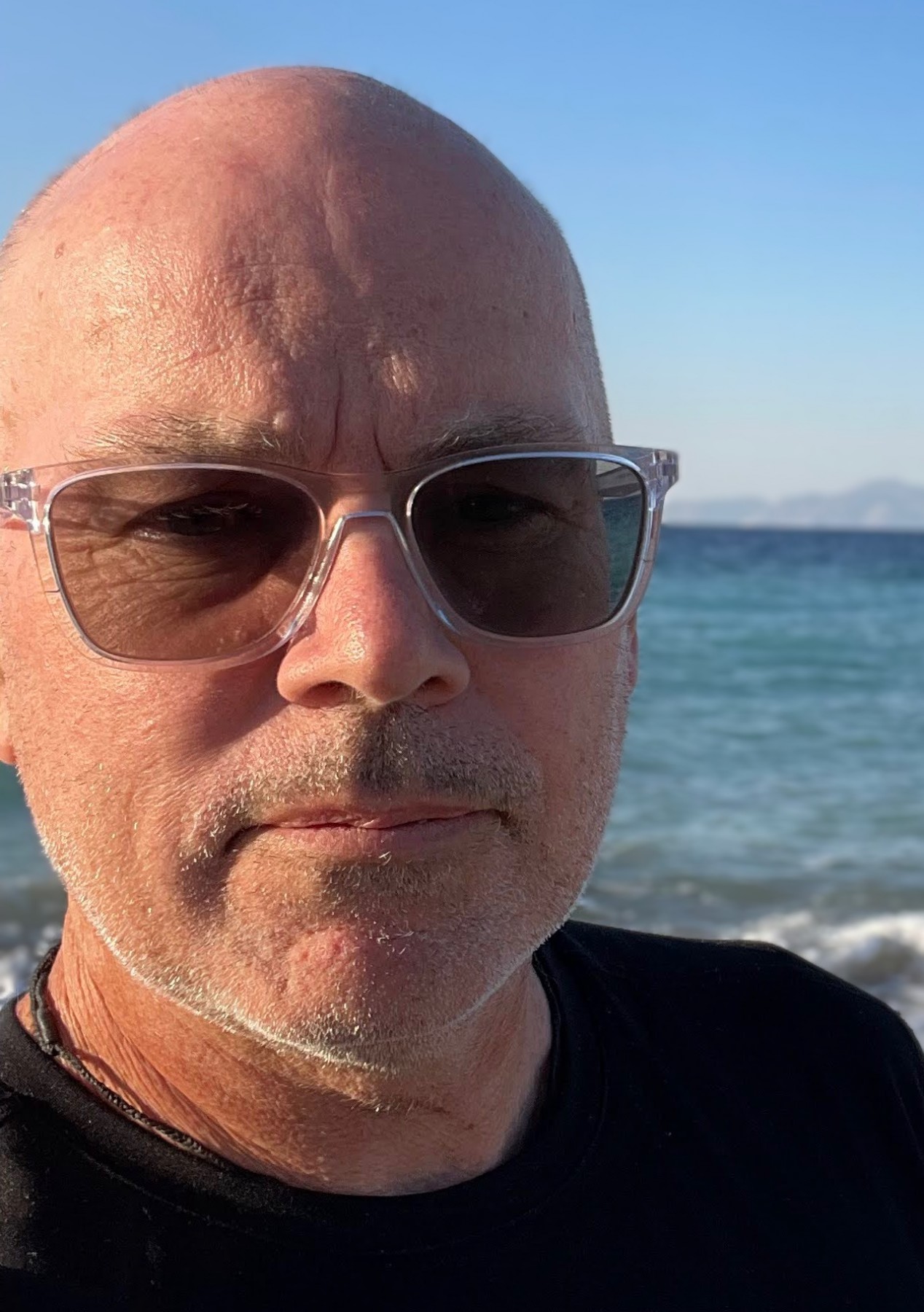This quote from the anthropologist Clyde Kluckhorn (1905-1960) "Every human is like all other humans, some other humans, and no other human" reflects a central idea guiding me in my thinking and contributions to mental health promotion over the years. On the surface the quote is contradictory, but this contradiction I think, captures the nuance and richness of human experience.
Analysing the quote, I will start with ‘we are like no other human’. This acknowledgement of our individual uniqueness is true and important but dominates modern cultural narratives. Because of this, it can lead to a focus on being hyper-comparative of each person’s uniqueness, specialness, and achievement. The flip side however is anxiety, depression, addiction and loneliness, as we try to meet these ever-increasing standards – in isolation, as an individual. The solution, in our public mental health system, is to think that people need more and more individualistic medically framed solutions, a psychologist, a counsellor, an app, or some medication provided as individual therapy. While these can help get us back on track, another quote comes to mind from the philosopher Jiddu Krishnamurti, ‘ It is no measure of health to be well adjusted to a profoundly sick society’.
‘Every human is like some other humans’ is where we can bring in the science and discipline of mental health promotion to look at whole populations that share a social identity and see what some more collective solutions might be to better mental health.
Programmes I’ve been involved in recently have been with two social groups, farmers and construction workers. People in these industries build a sense of social identity about what it means to be a farmer or builder/tradie. In other words they identify more strongly with, and therefore will learn more effectively from, other farmers or builder/tradies. To help these groups better understand their potential for increasing mental wellbeing, we have sought out people in these industries who have wise things to say about how to navigate good mental health in everyday life. We frame up mental health and wellbeing as ‘life’, not a medical problem. Mental health as a resource, not a liability. Communication from this latent leadership is then spread through social networks. For this to work, communication needs be authentic and real, peer to peer and not performative. See www.farmstrong.co.nz and www.live-well-build-well.com .
We also promote the positive aspects of social identity that these groups share. Research shows this alone can have major effects on physical and mental health. A positive shared social identity supports the following psychological qualities, that are fundamental to good mental health and wellbeing:
- A greater sense of self control, self-efficacy and personal power
- A greater sense of meaning, purpose and self-worth
- Social support
- Social connection
(Haslam et.al., 2018)
There are some recent academic books and papers that provide the wider evidence for this ‘social cure’. These are listed at the end of this article.
The final aspect of Kluckhorn’s quote, every human is like ‘all other humans’, is for me a reminder that we all come from the same common ancestor. The human brain we all have evolved in sync with natural living systems where we were moving a lot (hunting and gathering) in an environment of general scarcity and the intense need for social cooperation. We now live in a modern affluent, hyper-complex, technological world. There is a rapidly increasing evidence base showing the strain being put on our mental health as we further diverge in how we live, from what the human brain evolved to do. One of the best communicators in this area that I’ve come across recently is the Swedish psychiatrist Anders Hansen, and I fully recommend his books, the latest being The Attention Fix: How to Focus in a World that Wants to Distract You. Another is the Stanford University psychiatrist and addiction expert, Anna Lembke and her book Dopamine Nation: Finding Balance in the Age of Indulgence. If you can get past the banal ‘self helpy’ publishers titles of these books, there is a richness of wisdom and science in both.
About Hugh
Hugh has many years experience managing mental health services, contributing to national mental policy, and developing mental health programmes focussed on preventing mental illness and increasing mental wellbeing. He has been Chief Executive of Wellink Trust (a community mental health services provider), Mental Health Planning and Funding Manager, and Group Manager Mental Health Services for Capital and Coast DHB, and was Director of Policy and Development at the Mental Health Foundation of New Zealand for 7 years.
He currently works as an independent consultant for workplace and community wellbeing programmes and advises the Mental Health Foundation on well-being science and policy.
His interests include the nature of consciousness and the many different ways it can be experienced and understood more fully beyond dominant 'mental health' paradigms and through a diverse range of experiences, disciplines and wisdom traditions.
Resource Details
Greenaway K. H. Haslam S. A. Cruwys T. Branscombe N. R. Ysseldyk R. & Heldreth C. (2015). From "we" to "me": Group identification enhances perceived personal control with consequences for health and well-being. Journal of Personality and Social Psychology, 53–74.
Haslam C. Jetten J. Cruwys T. Dingle G. A. & Haslam S. A. (2018). The new psychology of health: Unlocking the social cure. Routledge Taylor & Francis Group.
Jetten J. Haslam C. & Haslam S. A. (2012). The social cure: Identity health and well-being. Psychology Press.
Muriwai E. Houkamau C. A. & Sibley C. G. (2015). Culture as cure? the protective function of Māori cultural efficacy on psychological distress. New Zealand Journal of Psychology

